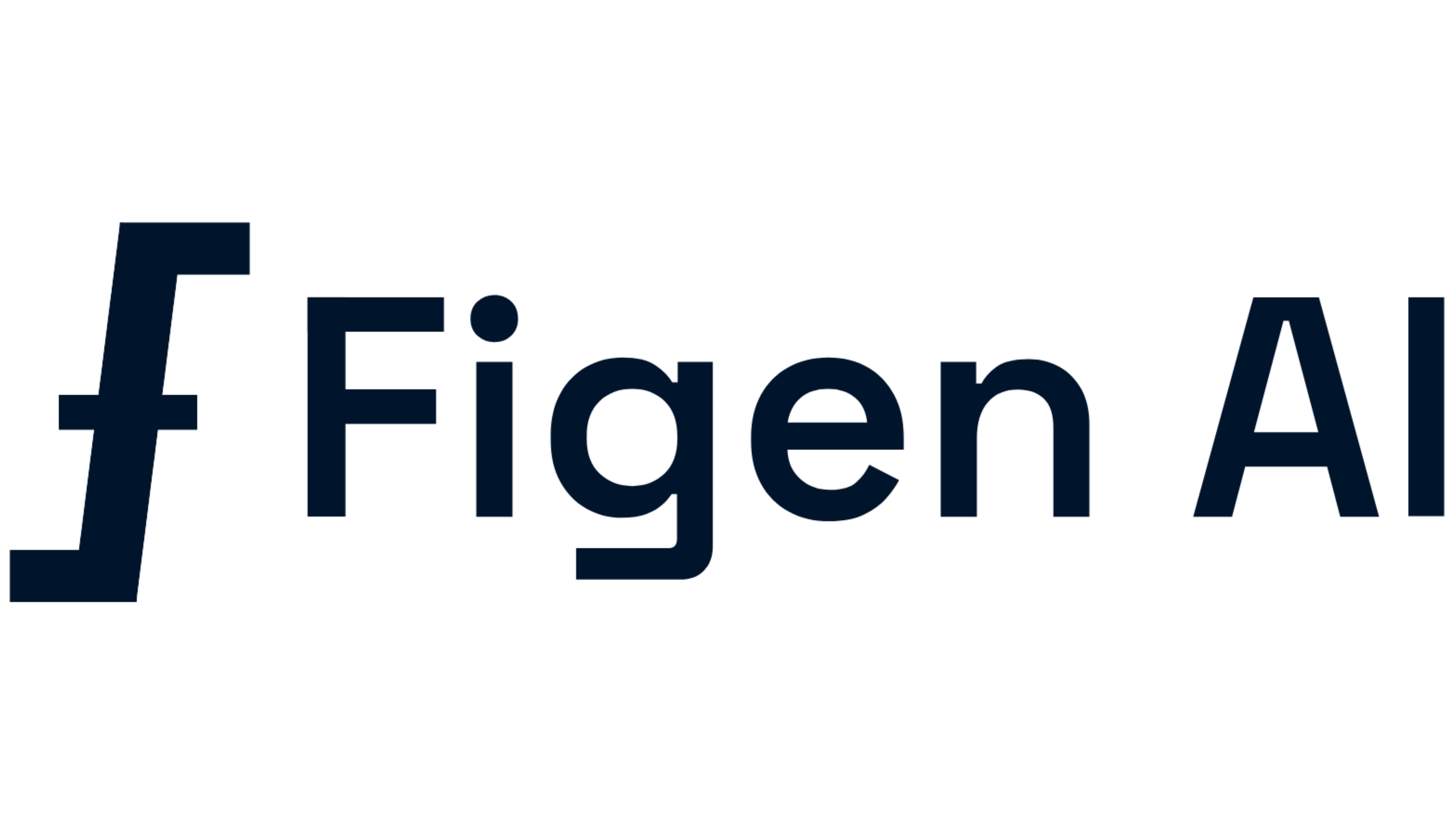Open forum.
Professions advising individuals must adopt artificial intelligence or prepare to disappear, according to our columnist Vincent Aurez, president of Figen Ai.

By Vincent Aurez, President of Figen Ai
Artificial intelligence is no longer a futuristic vision: it has become the primary advisor for Generation Z. According to the Ifop/Talan 2025 barometer, 85% of young French people aged 18 to 24 now regularly use generative AI tools, while nearly one in two French people (45%) use it daily, up 13 points from the previous year.
If you still doubt it, try this simple test in a room: ask those who use an AI like ChatGPT at least once a week to raise their hand. Come back a month later and ask the same question: you’ll struggle to count the hands still lowered. AI has already become a natural reflex for the new generations. Planning a trip, searching for a recipe, AI is everywhere, all the time, for every question, every search, across all sectors. So, what role will remain for professional advisors, especially financial advisors, if they do not quickly take this technological turn?
An AI market accelerating rapidly
The global generative AI market is expanding rapidly, particularly in the financial sector, which is experiencing spectacular growth: valued at $1.67 billion in 2023, it is expected to reach $2.2 billion in 2024 and exceed $16 billion by 2030 (Research & Markets). With a compound annual growth rate of 39%, this rapid acceleration concerns not only large banking groups and international firms but is reshaping the advisory landscape across the board - including independent actors - into an inevitable transformation...
Companies already convinced by AI, and rewarded
Today, seven out of ten financial firms already use some form of artificial intelligence in their daily activities, and 83% of them plan to make significant use of it in the next three years (KPMG, 2024). Even more telling, 74% of companies that invested in generative AI solutions say they met or exceeded their initial objectives, showing revenue growth 2.5 times higher than their competitors (McKinsey, 2024).
AI generates growing enthusiasm, but governance is still too fragile
According to the Smarsh 2024 report, only 32% of financial actors have to date established a formal AI governance framework.
While AI is generating growing enthusiasm in the financial sector, this enthusiasm masks a more worrying reality: governance is still largely insufficient. According to the Smarsh 2024 report, only 32% of financial actors have to date established a formal AI governance framework. The recent European AI regulation already considers automated financial assessment and personalized advisory tools as "high-risk," imposing strict transparency, regular audits and rigorous human oversight. In this context, the lack of internal skills to ensure compliance with these new requirements could expose financial institutions to major risks. Beyond potential sanctions, their reputation and client trust could also be durably affected.
Training in AI: a strategic and social emergency
AI does not signal the disappearance of jobs in the banking and financial sector, but it deeply redefines their contours. This is shown by a recent study jointly conducted by the French Banking Federation and consulting firm Roland Berger, which highlights a structural evolution of roles rather than abrupt substitution. Nine major professional families - including customer relations, compliance, marketing and internal control - are directly impacted by the progressive integration of AI into business processes.
Automation is taking hold, certainly, but it also creates growing demand for new skills. Professionals able to supervise an AI, interpret its results, identify its limits and correct its potential biases will retain a strategic position in the organization. Conversely, functions that do not adapt to this new technological reality will be progressively absorbed by automated solutions. Here are four concrete measures to adopt immediately, for artificial intelligence...
- Create a common AI skills framework for all advisory professions (financial, wealth, HR, guidance, career).
- Systematically integrate mandatory modules on AI ethics, model auditing and governance into university curricula (professional bachelor's and master's degrees).
- Establish certifications co-validated by professional organizations and the Financial Markets Authority, ensuring recognition of new skills.
- Financially support training through OPCOs, the training tax credit and public-private partnerships with AI solution vendors.
France has everything to succeed, except time to lose
We have a world-renowned AI ecosystem, an advanced regulatory framework and an excellent network of schools. The challenge is no longer technological innovation but our collective ability to overcome inertia. While some continue to debate, customers are already asking machines their questions and receiving immediate answers. Action is needed now. Continuing to train our advisors without fully integrating AI would be to ignore an already unavoidable reality. The real question is no longer choosing between human and machine, but between downgrading and adapting. So let's train today, together, before individuals have turned the page.




